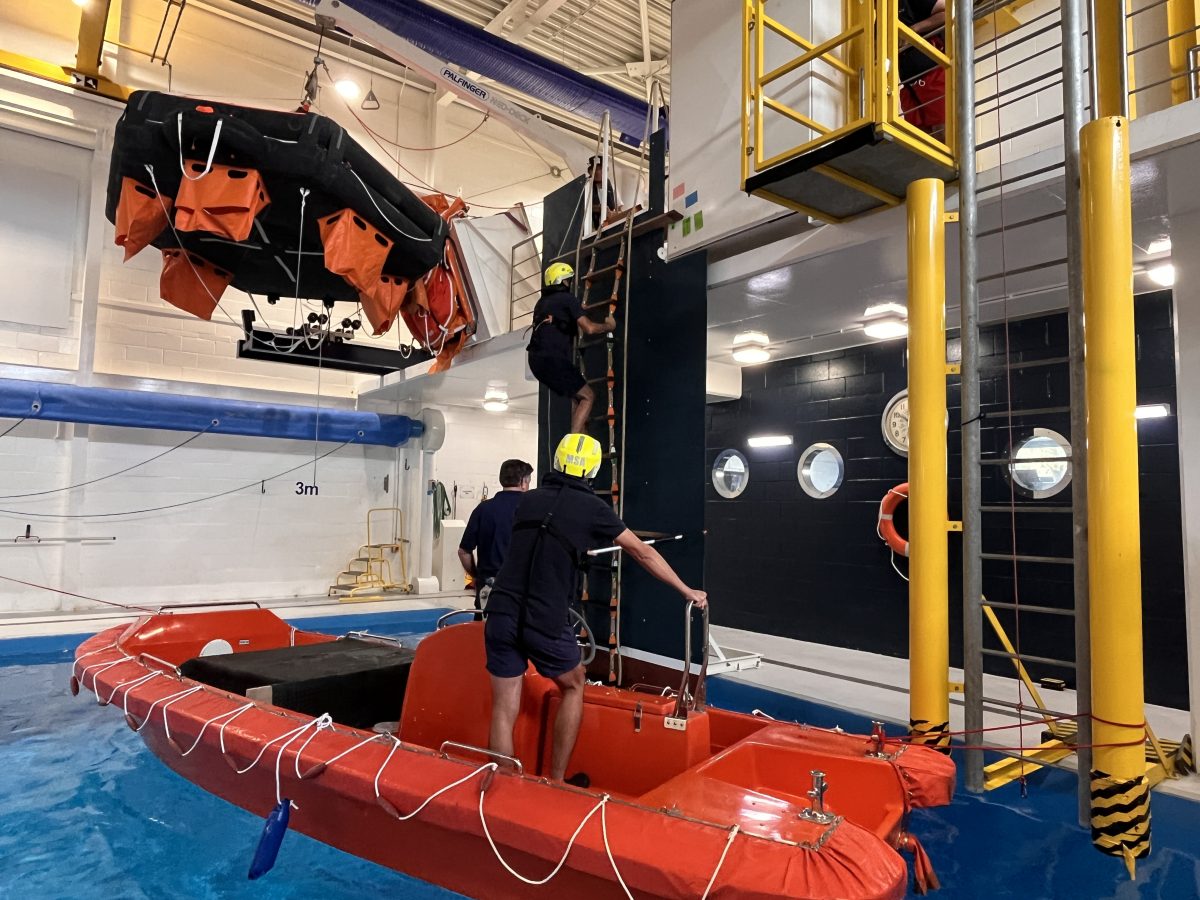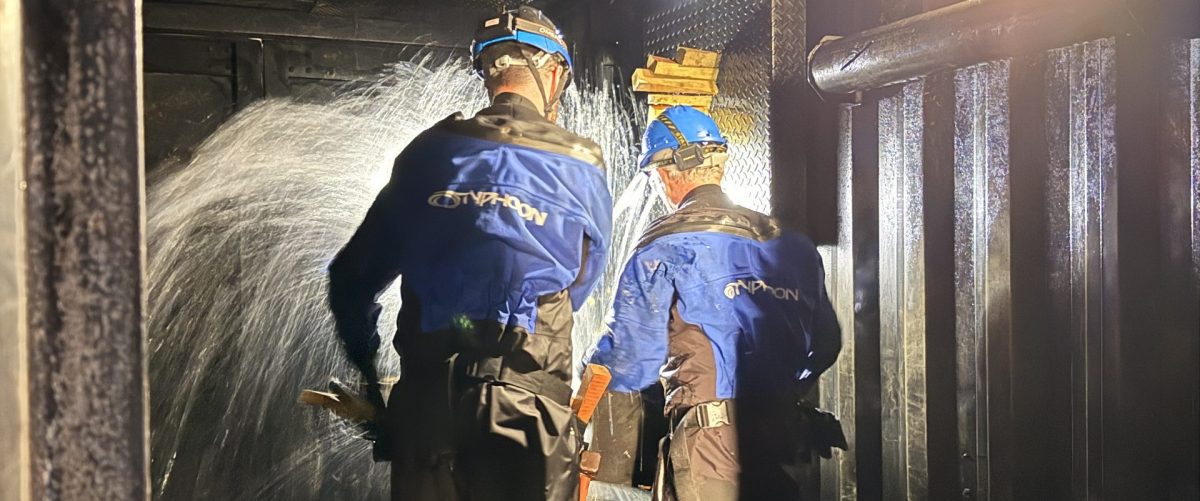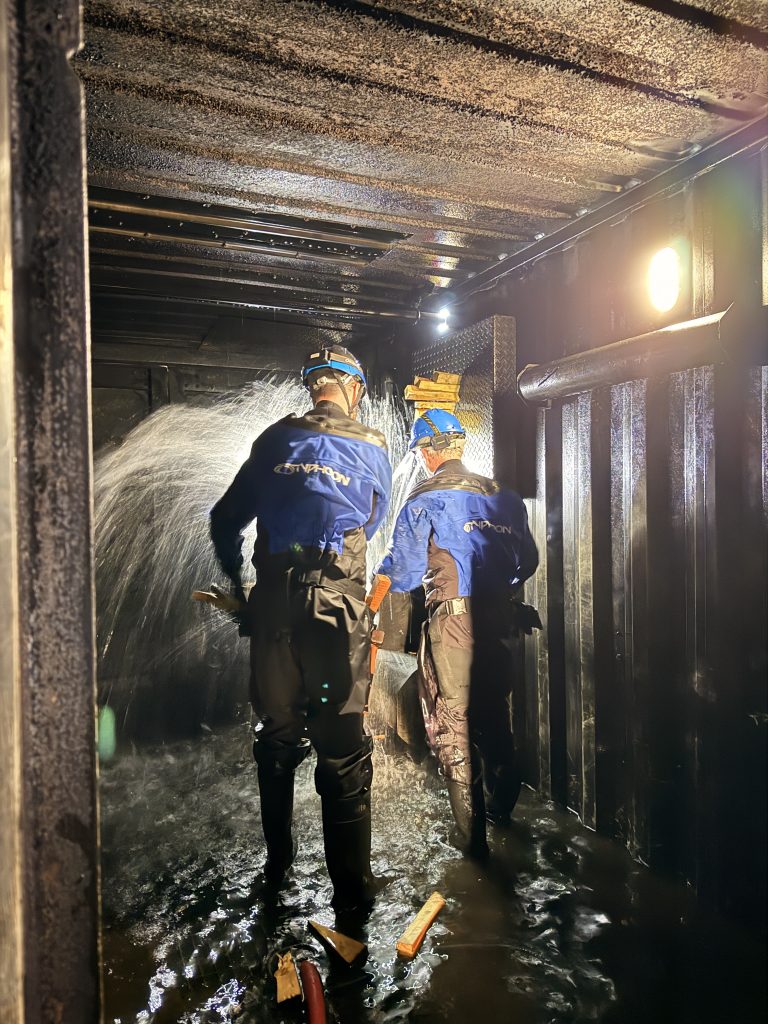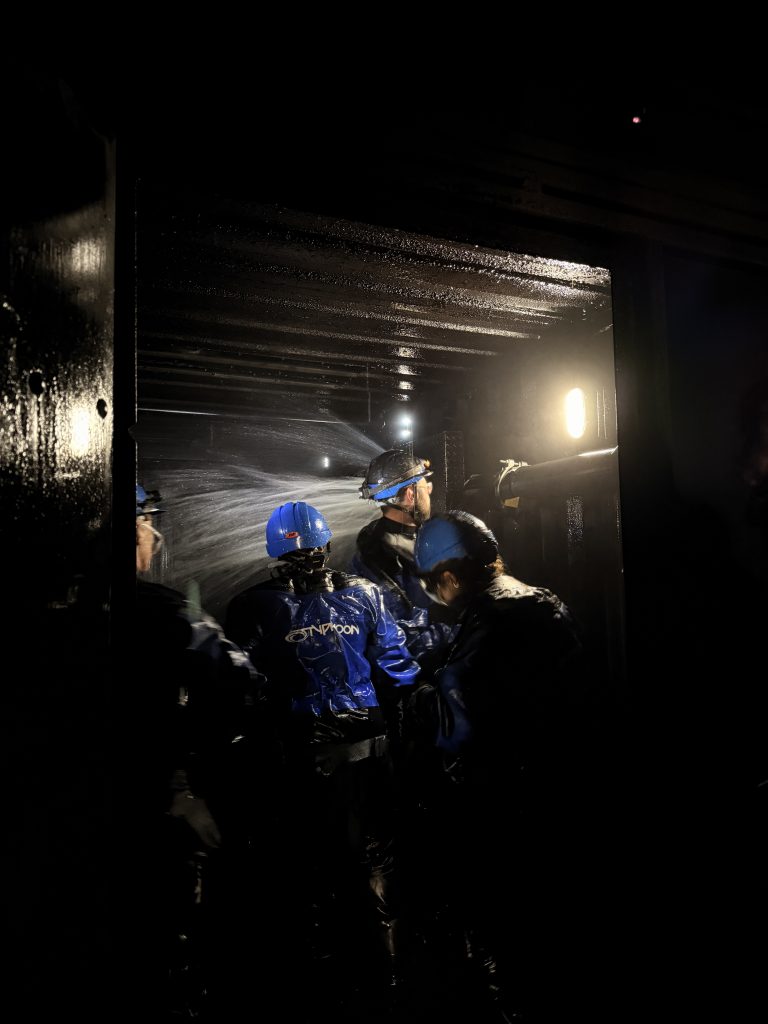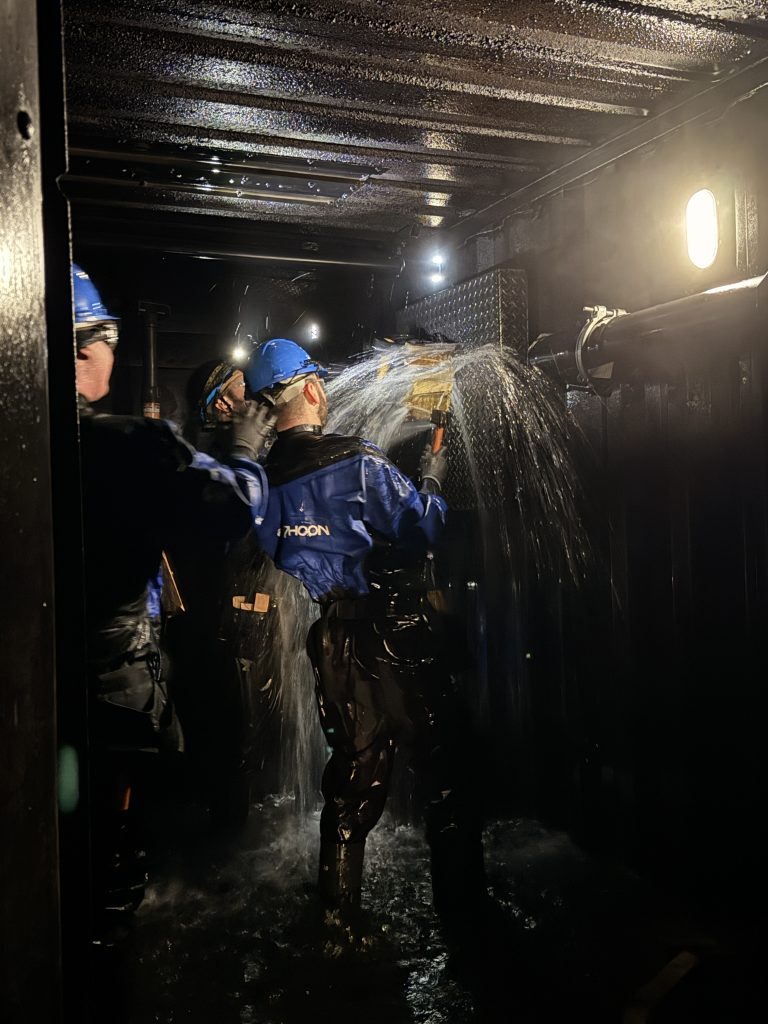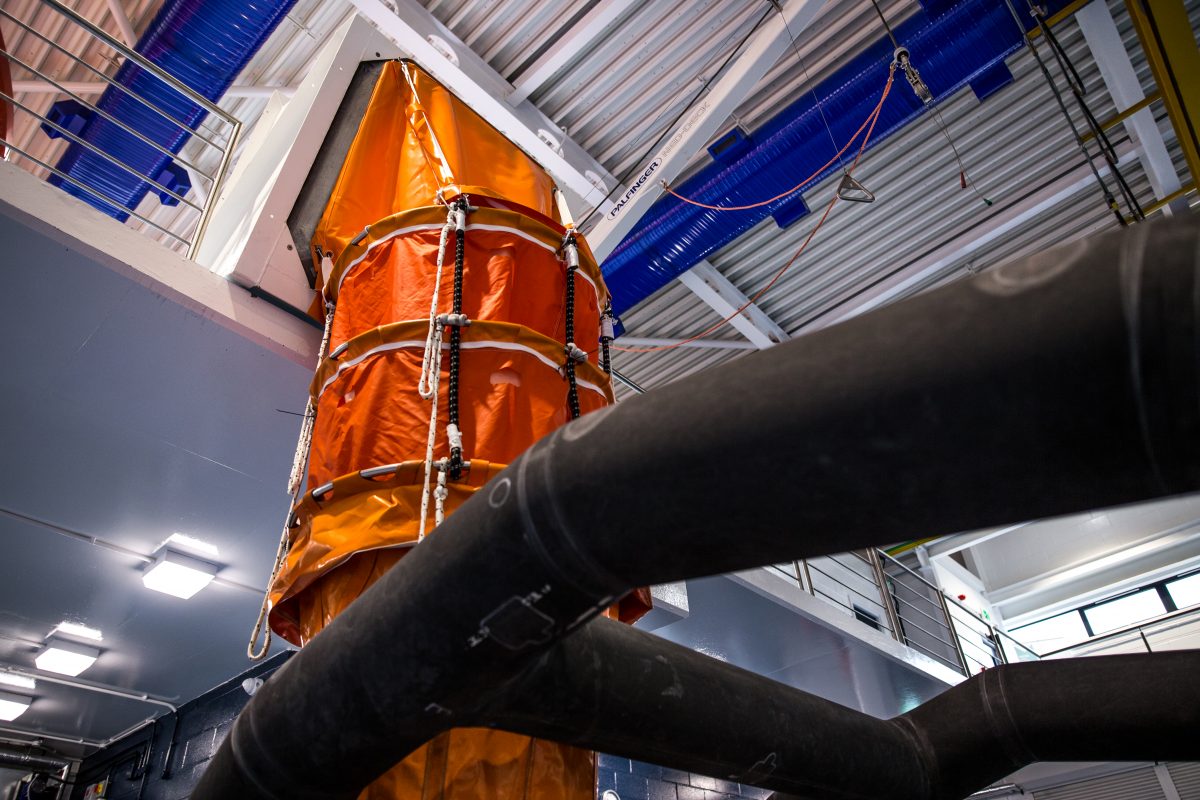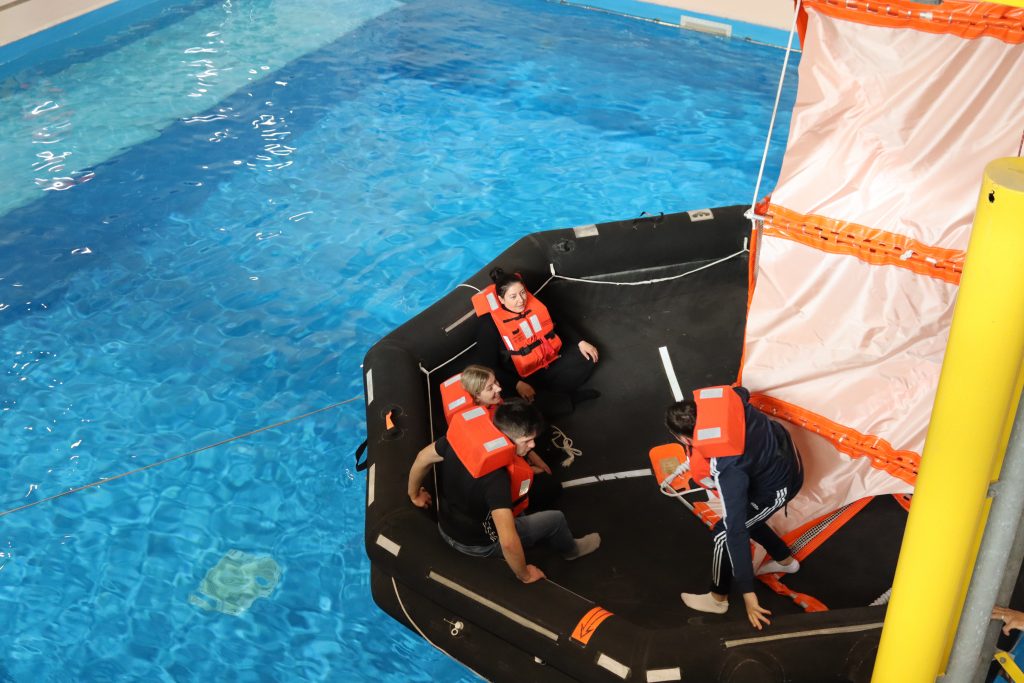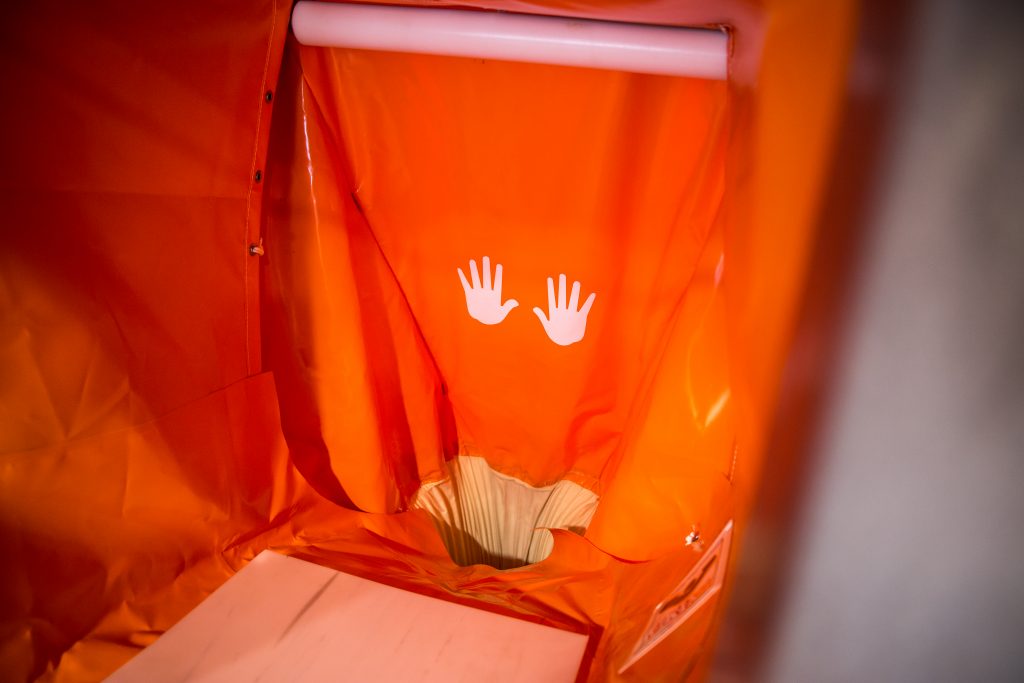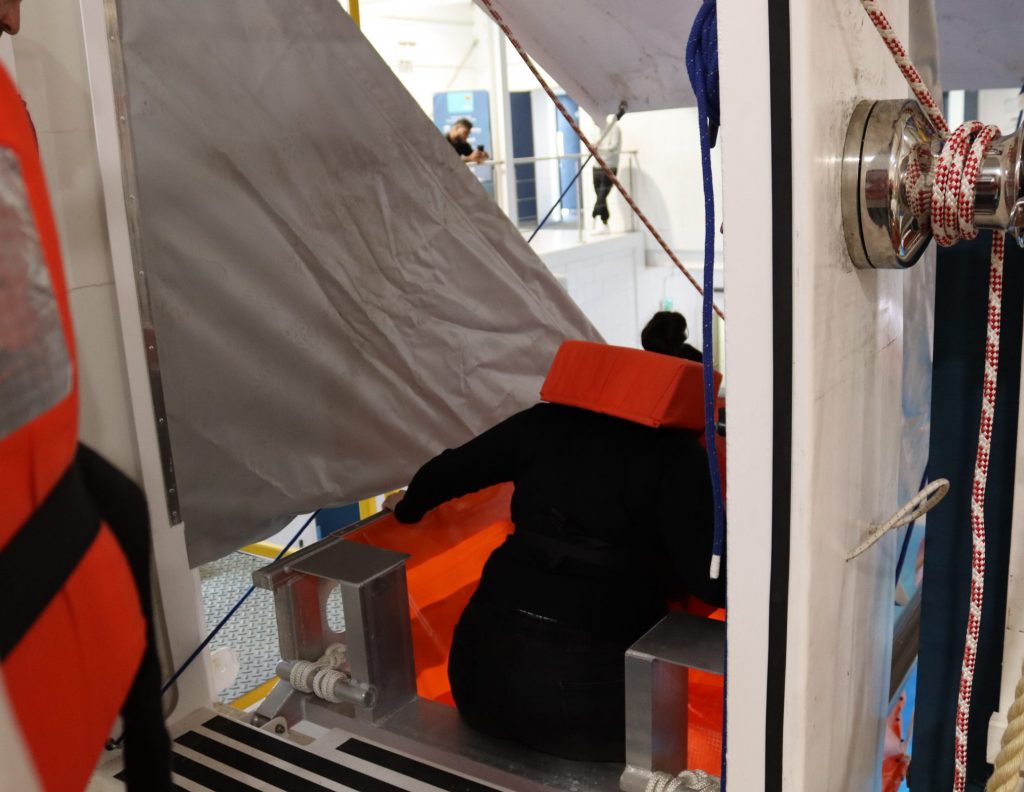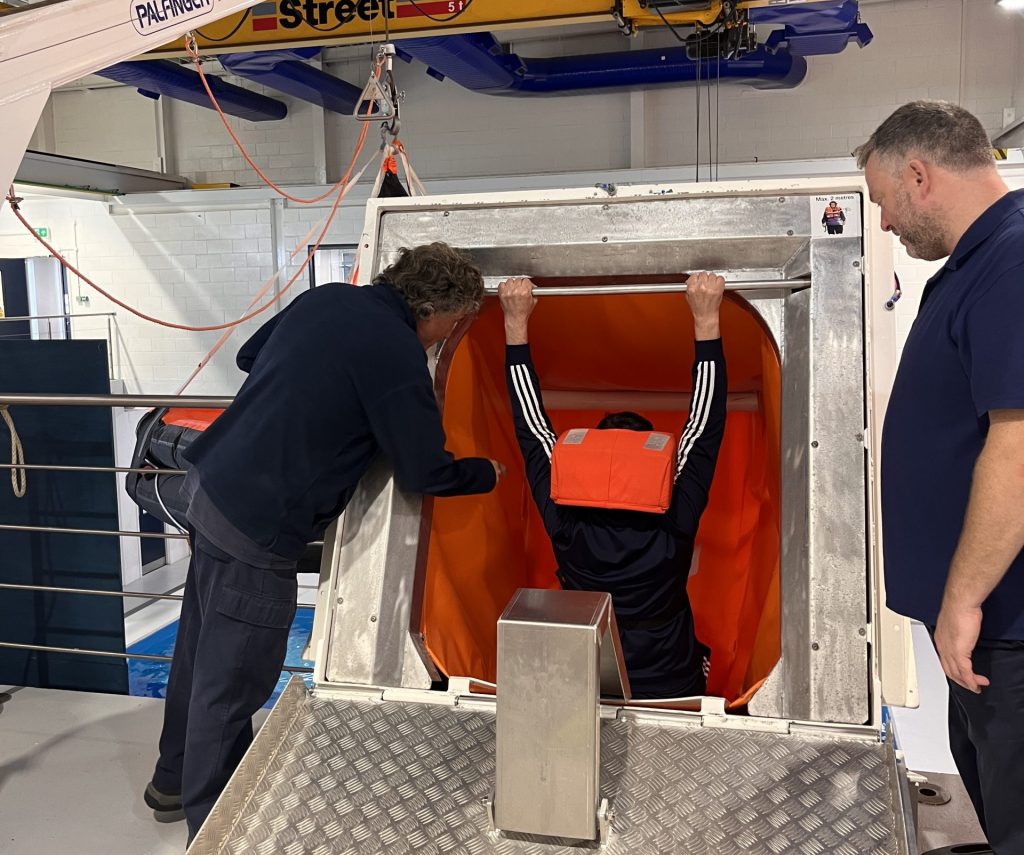The Maritime Skills Academy (MSA) is honoured to announce that its Pilot Ladder Safety Training Course is now formally endorsed by the United Kingdom Maritime Pilots’ Association (UKMPA), symbolising a significant step in the sustained effort to raise maritime safety standards.
The endorsement follows a collaborative agreement between the organisations, represented by Jason Wiltshire, UKMPA Vice-Chair, and Dean Stores, MSA Head of Training. Both commit to strengthening pilot ladder safety with a high-quality, industry-recognised course.
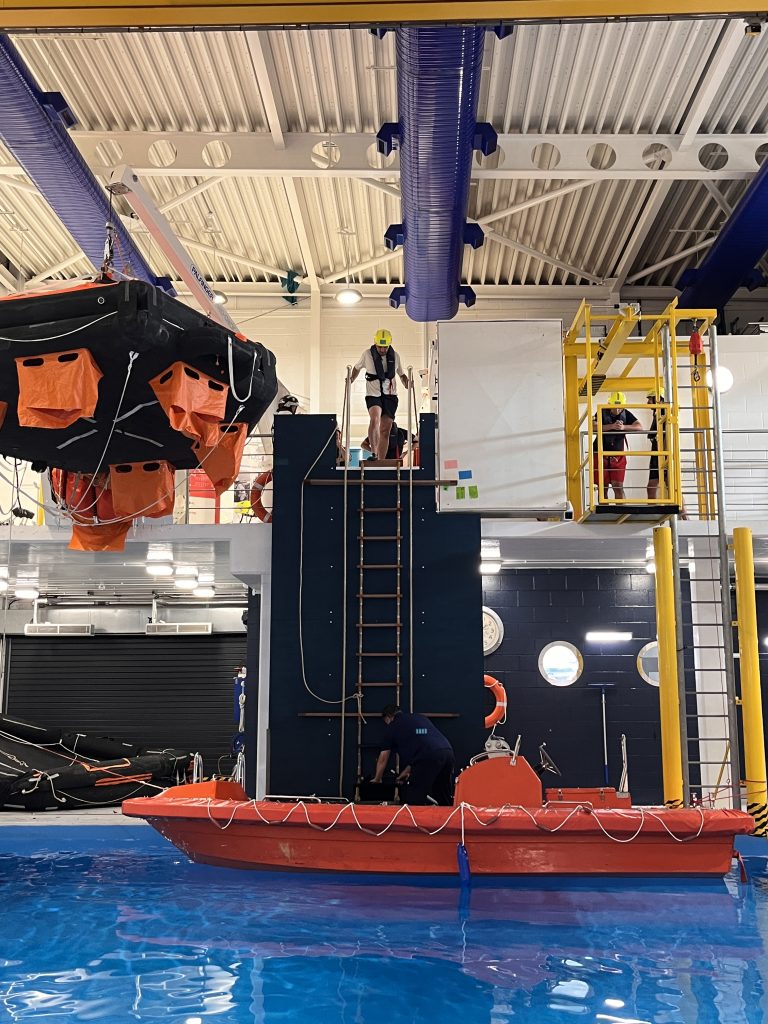
Through this partnership, the UKMPA will actively review course content, delivery, and materials to ensure the training remains valuable for pilots and is aligned with advancing industry needs.
The MSA will adopt the UKMPA’s recommendations to maintain the highest standards. Notably, MSA has already commenced delivery of the endorsed pilot ladder training, with recent courses successfully attended by several pilots from the Port of Dover, as well as a joint initiative with specialist law enforcement personnel from a UK Government agency.
These early sessions reflect both strong industry demand and the immediate impact of the partnership on front-line safety training.
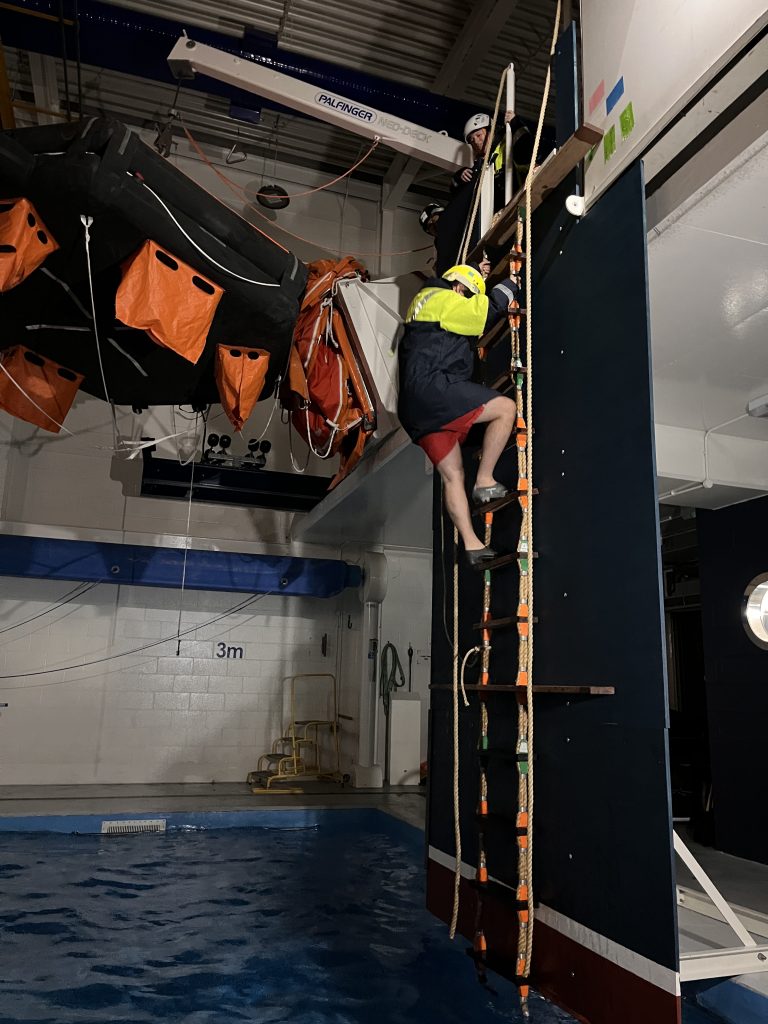
MSA Head of Training, Dean Stores, commented, “We are delighted to receive this endorsement from the UKMPA. It represents the expertise of our team and affirms our pledge to improving safety in one of the industry’s highest-risk activities – pilot transfer operations.”
UKMPA Vice-Chair, Jason Wiltshire added, “Pilot ladder safety is a fundamental part of the pilotage profession and vital for safe transfers at sea. Ongoing reporting shows persistent risks, with global transfer incidents averaging around two pilot fatalities each year. The UKMPA’s endorsement of MSA’s Pilot Ladder Safety Training Course reflects our commitment to collaboration, best practice and reducing preventable incidents.”
By joining the UKMPA Annual Conference later this year as an exhibitor, MSA will deepen its collaboration with the pilotage community and help drive industry dialogue on safety, innovation, and operational quality—underscoring MSA’s leadership and long-term obligation to safer maritime practices.
About the United Kingdom Maritime Pilots’ Association (UKMPA)
The United Kingdom Maritime Pilots’ Association (UKMPA) is the professional body representing approximately 500 licensed maritime pilots across the UK. Committed to the highest standards of safety, efficiency and professionalism in pilotage, the UKMPA advocates for its members and promotes best practice across the global maritime industry.
Maritime pilots play a critical role in guiding vessels safely through UK waters, protecting lives, property, and the marine environment, while ensuring the smooth movement of goods and passengers vital to the national economy.
For more information, visit www.ukmpa.org
